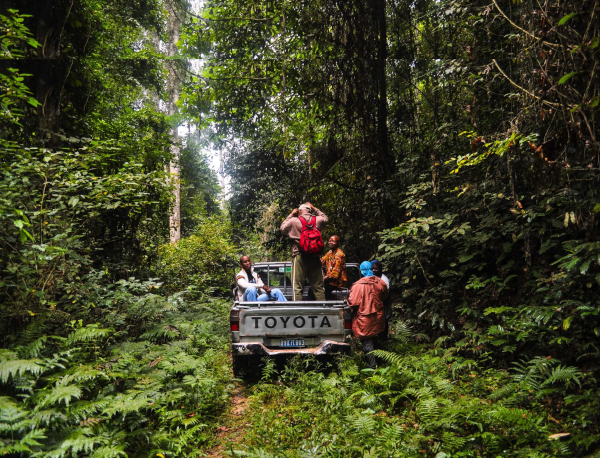The World Bank has unlocked $19.47 million for the Democratic Republic of Congo, rewarding the country for keeping its trees standing.
The money, announced June 6, comes from the Forest Carbon Partnership Facility (FCPF), a performance-based fund. The payout recognizes Congo’s verified reduction of 3.89 million tons of carbon emissions in Mai-Ndombe province — a forested region west of Kinshasa, rich in biodiversity and poor in infrastructure.
It’s more than a green pat on the back. The funds mark a shift in how forest conservation is financed: through results, not promises.
“This payment recognizes the country’s progress in protecting its forests while creating new opportunities for local communities,” said Albert G. Zeufack, the World Bank’s country director for the DRC. Regarding the Mai-Ndombe program, Zeufack said it shows that “finance can support local development, boost resilience, and bring real benefits to those who depend on the forest.”
The DRC is one of the pilot countries under REDD+ — a UN-backed framework that rewards developing nations for reducing emissions from deforestation and forest degradation. The agreement with the World Bank could eventually bring in $55 million, tied to a goal of cutting 11 million tons of emissions in Mai-Ndombe.
So far, the country is on track.
A Gateway to the Carbon Market
But it’s not just about forests. The program is designed to generate 2,000 local jobs, rehabilitate 900 kilometers of rural roads, and support the sustainable management of 400,000 hectares of land. Over 120,000 people are expected to benefit — most of them smallholder farmers, forest dwellers, and Indigenous communities.
And there’s more. The World Bank is handing the DRC 1.7 million high-quality carbon credits — which the government can sell on the voluntary carbon market. These credits, likely to attract interest from global corporations looking to offset emissions, could open a new revenue stream for the State.
According to the World Bank, this could yield a $2.5 billion windfall for tropical forest nations by 2028 — if they play their cards right. The World Bank projects that 15 countries, including the DRC, could each sell more than 24 million credits on the market over the next few years. A sizable share of that money is expected to flow back to frontline communities and state budgets.
This article was initially published in French by Ronsard Luabeya (intern)
Edited in English by Ola Schad Akinocho










